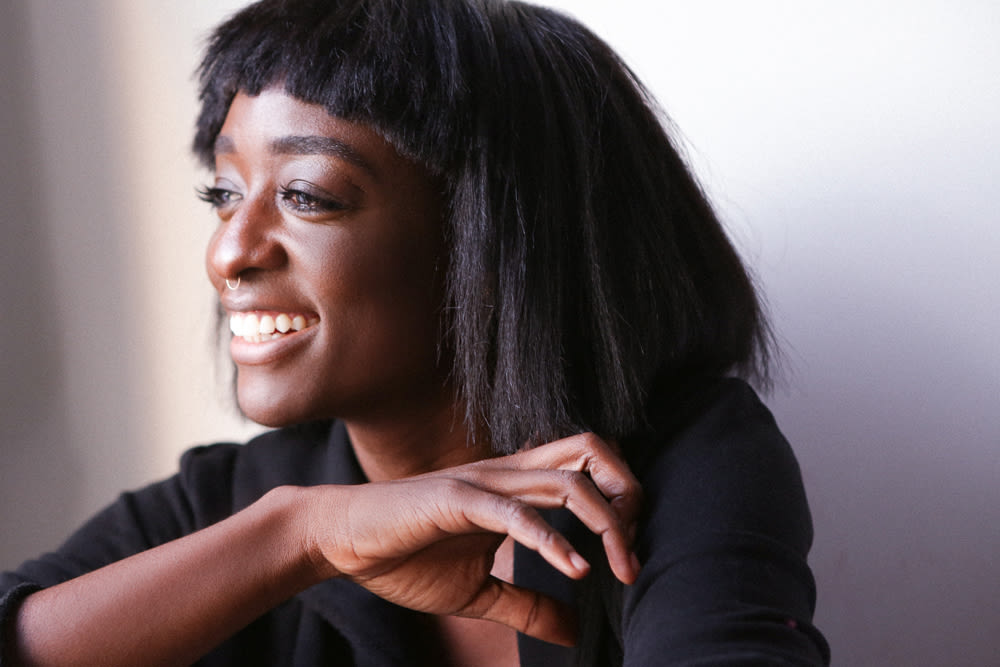In the world of high fashion, where trends come and go with every season, Loza Maléombho has carved out a space that defies time. Her work is not about fleeting aesthetics, it’s about enduring identity. With roots in Côte d’Ivoire, Brazil, and the United States, and a spirit that pulls from both ancestral memory and Afrofuturist imagination, Maléombho’s designs tell stories that are bold, spiritual, and unapologetically African.
Born in Brazil and raised between Abidjan and the U.S., Maléombho studied at the University of the Arts in Philadelphia and gained early experience working with fashion houses like Jill Stuart and Yigal Azrouël in New York. But her defining move came when she returned to Abidjan in 2009 to launch her namesake label. It was a return not only to place, but to purpose, a commitment to building a brand that centers African artisanship, celebrates cultural depth, and challenges fashion’s Eurocentric lens.
ALSO READ: Adenike Ogunlesi: Dressing a Generation, Building an Empire
The Loza Maléombho brand is known for its architectural silhouettes, daring shoulders, tribal detailing, and a seamless fusion of old and new. Each collection is hand-produced in Côte d’Ivoire, where she works with local tailors and shoemakers, investing in homegrown talent and traditional techniques while pushing the boundaries of what African fashion can be.
Her work is distinctly modern, yet deeply rooted. In her iconic “Alien Edits” Instagram series, where she photographed herself in traditional crowns, neckpieces, and exaggerated shapes, Maléombho turned self-portraiture into political art, reimagining African royalty through a cosmic lens. The images went viral, inspiring conversations about representation, self-perception, and power.
That tension between cultural heritage and future-forward aesthetics is what drives Maléombho’s global appeal. She has dressed stars like Beyoncé, whose Formation video helped catapult Maléombho’s designs into the international spotlight, and Solange, whose avant-garde styling echoes the brand’s ethos. But Maléombho remains grounded in craft over celebrity, ensuring that her creative process always begins in community.
ALSO READ: Kate Fotso: Redefining Leadership in Agribusiness
She describes her brand as a dialogue between tradition and rebellion, a design philosophy that reflects her own lived hybridity. For Maléombho, African fashion is not merely an exportable trend, but a language of pride, capable of communicating resistance, resilience, and beauty all at once.
More than a designer, she is a storyteller and cultural curator, shaping how the world sees African aesthetics, not as derivative, but as central to global creativity. In an industry that often borrows from Africa without credit, Maléombho’s work asserts a new narrative: one of ownership, innovation, and elevation.
As fashion moves into conversations about decolonization, sustainability, and authenticity, Maléombho stands at the forefront, not chasing the mainstream, but building an alternative future where African voices are not just present, but leading.

